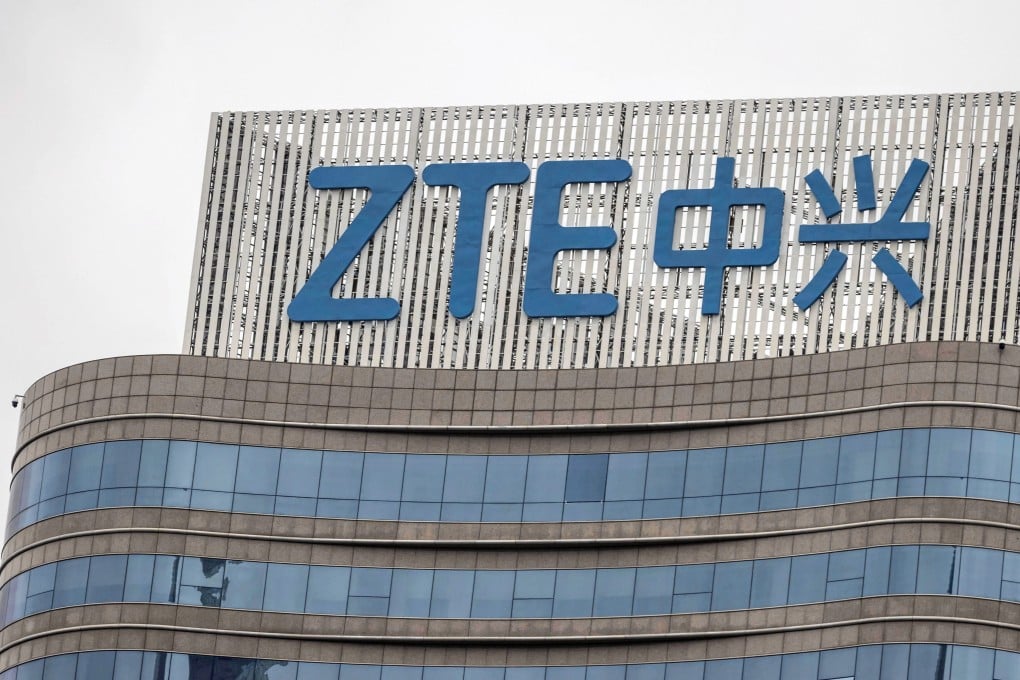Chinese telecoms giant ZTE clarifies that it only designs chips, does not make them, after share price spikes
- The clarification from Shenzhen-based ZTE came at a time when China is doubling down on efforts to build up its chipmaking capability
- Huawei was using the 7nm process at TSMC to pack 6.9 billion transistors on its Kirin 980 smartphone chip

Chinese telecommunication giant ZTE has clarified that it does not have internal chipmaking capability and instead focuses on the design of telecoms chips after its shares rallied last week on media reports that it possessed mass production capability for advanced 7-nanometre chipmaking.
“In terms of chipmaking, we rely on global partners for the manufacturing of our chips,” ZTE said in a statement on its official WeChat account on Saturday, adding that the interpretation of “self-media outlets” that it had 7-nm capacity was incorrect.
The clarification from Shenzhen-based ZTE came at a time when China is doubling down on efforts to build up its chipmaking ability, including huge state-backed investments in local chip companies, in a bid to reduce its dependence on American technologies.
The urgency came after the US introduced a new export rule last month that effectively bans ZTE rival Huawei Technologies from using silicon foundries like Taiwan Semiconductor Manufacturing Co (TSMC) to make its chips. The rule requires any foreign chip maker that uses US technology to apply for a license to ship semiconductors to Huawei. It takes effect in September after a 120-day grace period to reduce disruptions to the global chipmaking supply chain
Huawei was using the 7nm process at TSMC to pack 6.9 billion transistors on its Kirin 980 smartphone chip, delivering 20 per cent improved performance and 40 per cent greater power efficiency than the previous generation.
China’s top chip maker SMIC gets speedy nod for US$2.82 billion fundraising The top 10 Chinese semiconductor start-ups to watch
ZTE said on Wednesday, in a response to investor inquiries, that it has “chip design and development capabilities”, adding that the mass production of 7nm chips has been commercialised in the global deployment of 5G wireless networks and its 5nm chips, a more advanced process, were being “imported”.